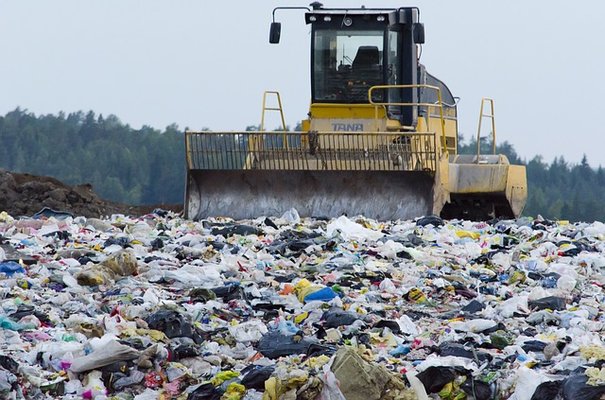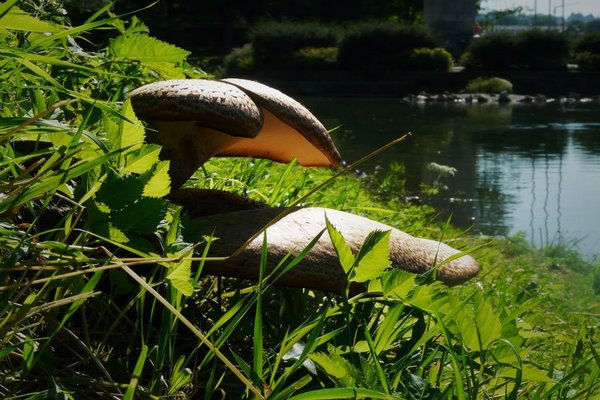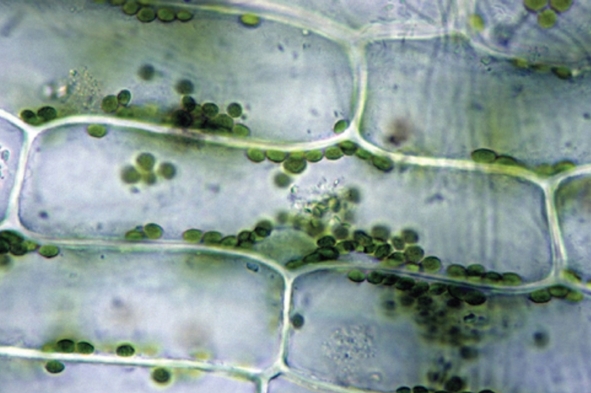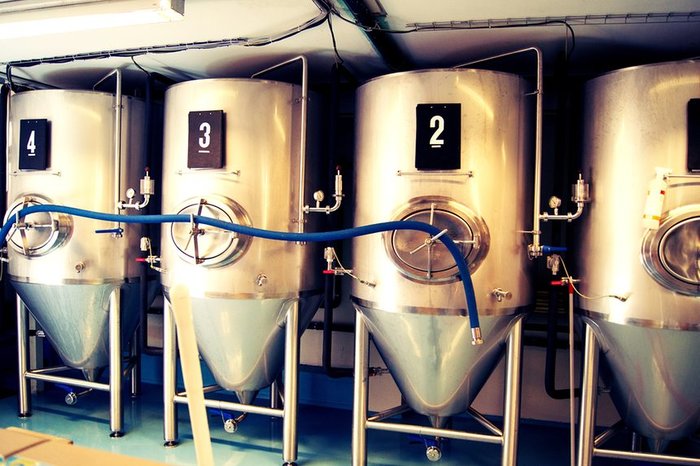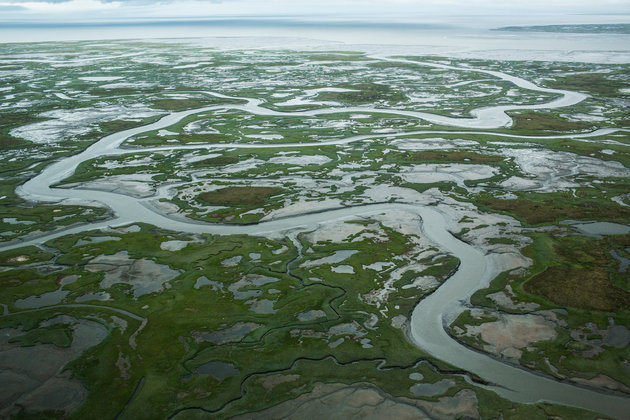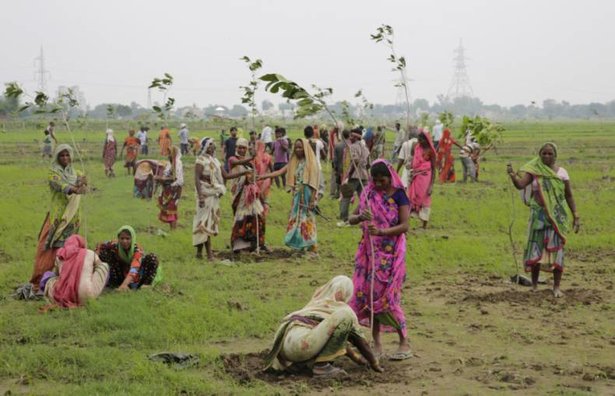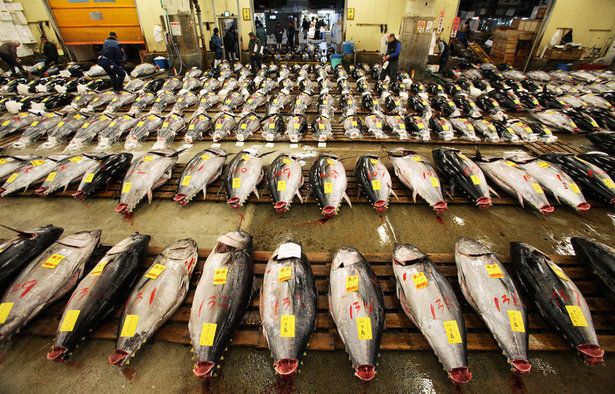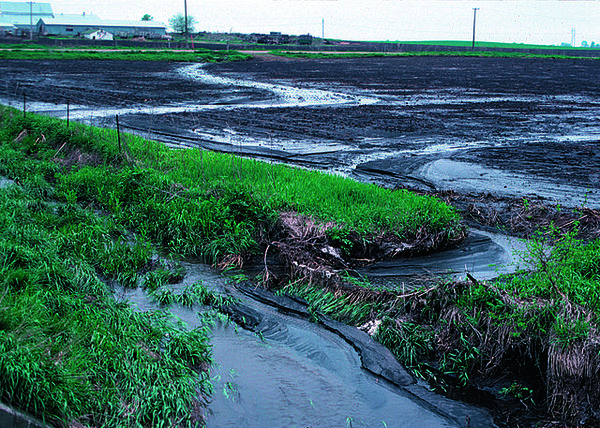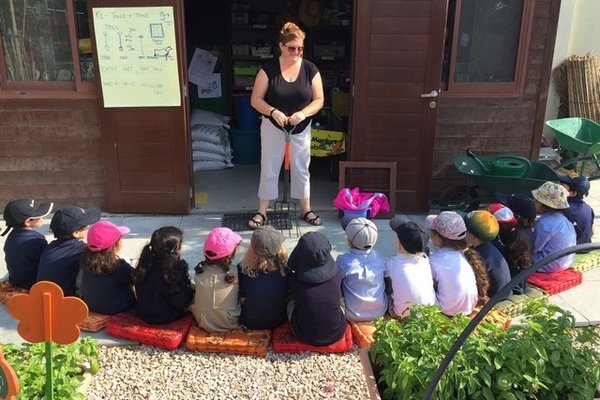Today, there are nearly 2,000 active landfills across the country and hundreds more are at capacity, a stark reminder of just how massive our waste problem has become. One thing we have to remember when looking at this is that trash, and landfills, are a human invention. Waste does not exist in nature, in any form. Everything that is produced in a healthy ecosystem is consumed or decomposed by another organism, or the sun. That is because, in a natural system, everything has value to something. We need to return to how things were in nature, where waste does not exist, by creating a circular economy and committing to zero-waste systems.
Continue reading... →On an expedition to the Ecuadorian rainforest, Yale students discovered a new type of fungus which may speed up the decomposition process of discarded plastics in landfills. Currently, Americans discard about 33.6 million tons of plastic each year. Only 6.5 percent of it is recycled and 7.7 percent is combusted in waste-to-energy facilities, which create electricity or heat from garbage. In result, there is a massive amount of non-biodegradable materials being tossed into landfills with a wait of about 1,000 years or so before they decompose. What’s worse, many of these materials may leak pollutants into the soil and water. The fungus is the first one that is known to survive on polyurethane alone, and it can do so in an anaerobic (oxygen-free) environment, suggesting it could be used at the bottom of landfills.
Continue reading... →A group of scientists joined forces to craft a kind of living battery, which they call a bionic leaf for its melding of biology and technology. The device uses solar electricity from a photovoltaic panel to power the chemistry that splits water into oxygen and hydrogen. This bionic leaf converts CO2 in the air into alcohol that can be burned as fuel.
Continue reading... →A group of Dutch entrepreneurs has used their country’s wet weather as a business opportunity by creating a rainwater bitter. At the De Prael brewery in Amsterdam early on Friday evening, bitter lovers turned up for a free tasting of Hemelswater: code blond, a 5.7% beer made from ultra-filtered rain, organic malted barley and wheat, hops and yeast. With climate change linked to increased rainfall in the Netherlands – just as in the UK – they might as well use it as a business opportunity.
Continue reading... →The impact of climate change on Arctic communities is so great that it limits their ability to adapt, or at least that’s what has long been assumed. But according to a recent study in Nature Climate Change, it’s non-climatic factors that obstruct adaptation. For those communities who struggle with adapting, the hurdles they face are unrelated to climate change. Instead, outside pressures, such as outdated land management practices, bureaucratic regulatory processes, limited education and marginalization curb the ability of these communities to adapt to the effects of climate change.
Continue reading... →More than 800,000 people turned out Monday, July 11, 2016 in Uttar Pradesh, India to plant trees in hopes of breaking a world record. Officials distributed 50 million tree saplings across the state to help India increase its forest cover and to break the Guinness World record for the number of trees planted in 24 hours—which was set by Pakistan in 2013 with 847,275 trees.
Continue reading... →Environmentalists are demanding that one of the most prized fishes on the planet, Pacific bluefin tuna, be listed as an endangered species because the current global stock is down over 97 percent from pre-fishing levels.
Continue reading... →According to the nonprofit Environmental Defense Fund (EDF), a bill that will strengthen the Toxic Substances Control Act, passed the Senate and is expected to be signed into law by President Barack Obama soon. It is the first major environmental legislation in over two decades to move forward to this point.
Continue reading... →Student-run vegetable and herb gardens are an “entry point” to enjoying school more and diving deeper into subjects. Studies have also indicated that children who grow their own food are more likely to eat fresh fruits and vegetables; additionally, research shows links between gardening and higher student achievement in science. Here are many organizations that encourage schools around the world in supporting students in cultivating gardens.
Continue reading... →“Open Your Eyes” was first released in September 2015, and it has been updated for re-release today. It’s narrated on screen by actor/activist/musician/artist and Plastic Pollution Coalition (PPC) Notable Member Jeff Bridges, whose voice helped the REFUSE message reach more than 13 million people in only 2 months and promotes the refuse of single-use plastic.
Continue reading... →